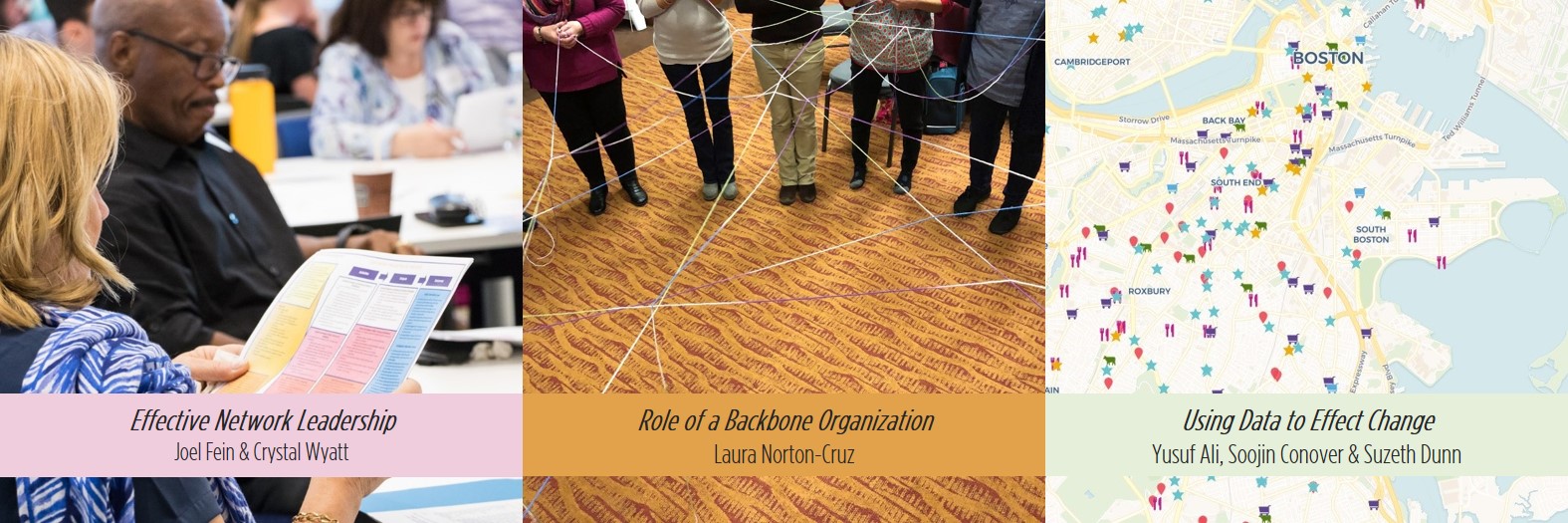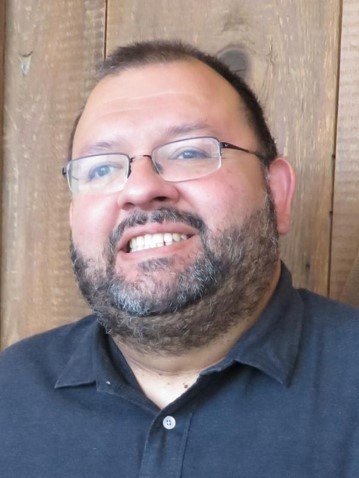
Across the United States, communities are coming together to understand the impact that childhood trauma can have in adulthood and to create environments where children are free from harm. The Mobilizing Action for Resilient Communities (MARC) podcast series features leaders from cross-sector networks that are moving this approach forward on a broad scale.
“Networks are so effective at addressing trauma in communities because they harness the power of organized people, resources, and ideas. We have to talk honestly about power dynamics in collaborative networks so that they do not unintentionally replicate patterns of oppression and exclusion that create the very trauma we hope to heal.”—Kathryn Evans, President of Rooted Strategy
A joint production of the Health Federation of Philadelphia and Prevention Institute, the three-part series is hosted by Ruben Cantu (Prevention Institute) and Kathryn Evans (Rooted Strategy). Join Ruben and Kathryn as they explore challenging topics facing collaborative community resilience efforts and raise issues of power dynamics.
Podcasts Episodes
Episode 1: Effective Network Leadership
Featuring guests Joel Fein and Crystal Wyatt from the Philadelphia ACE Task Force
Episode 2: The Role of a Backbone Organization
Featuring guest Laura Norton-Cruz, former director of the Alaska Resilience Initiative
Episode 3: Using Data to Effect Change
Featuring guests Yusuf Ali, Soojin Conover and Suzeth Dunn from Boston’s Vital Village Network

Meet the Hosts
 Ruben Cantu is a program manager for community trauma, mental health, and violence prevention at Prevention Institute. He has more than 20 years of nonprofit experience in public health, equity, and mental health and wellbeing. At PI, he manages the Making Connections for Mental Health and Wellbeing Among Men and Boys initiative, working with 13 sites across the U.S. implementing upstream, community prevention strategies to build resilience among men and boys of color and military service members, veterans, and their families. He is the author of California’s strategic plan for reducing mental health disparities and serves on several state advisory committees. A graduate of the University of Houston, he participates in several state and national advisory committees, including the All Children Thrive-CA Equity Advisory Group, the CA Department of Health Care Services Prop 64 Advisory Committee, the California Campaign to Counter Childhood Adversity Steering Committee, and the International Transformational Resilience Coalition Executive Steering Committee and California Steering Committee.
Ruben Cantu is a program manager for community trauma, mental health, and violence prevention at Prevention Institute. He has more than 20 years of nonprofit experience in public health, equity, and mental health and wellbeing. At PI, he manages the Making Connections for Mental Health and Wellbeing Among Men and Boys initiative, working with 13 sites across the U.S. implementing upstream, community prevention strategies to build resilience among men and boys of color and military service members, veterans, and their families. He is the author of California’s strategic plan for reducing mental health disparities and serves on several state advisory committees. A graduate of the University of Houston, he participates in several state and national advisory committees, including the All Children Thrive-CA Equity Advisory Group, the CA Department of Health Care Services Prop 64 Advisory Committee, the California Campaign to Counter Childhood Adversity Steering Committee, and the International Transformational Resilience Coalition Executive Steering Committee and California Steering Committee.
 Kathryn Evans is the founder and president of Rooted Strategy, a consulting practice in Kansas City that provides strategy, planning, and management solutions to help nonprofits grow and thrive. Kathryn uses principles of community organizing and authentic engagement in all areas of her work. She maintains a critical analysis of the nonprofit/philanthropic sector and her desires to both creatively destroy oppressive systems that intentionally and unintentionally dominate nonprofit spaces and facilitate the transition towards inclusive spaces where power is generated to liberate people. Kathryn has a master’s degree in Public Administration with a focus in public policy and nonprofit management. Her track record includes developing leaders to advocate for more equitable public policy as a community organizer; designing and implementing multi-sector regional planning initiatives; establishing new systems for communications, fundraising, and volunteer leadership; and teaching organizations to work collaboratively across lines of cultural, racial, religious, and economic difference as a strategy consultant and thought leader.
Kathryn Evans is the founder and president of Rooted Strategy, a consulting practice in Kansas City that provides strategy, planning, and management solutions to help nonprofits grow and thrive. Kathryn uses principles of community organizing and authentic engagement in all areas of her work. She maintains a critical analysis of the nonprofit/philanthropic sector and her desires to both creatively destroy oppressive systems that intentionally and unintentionally dominate nonprofit spaces and facilitate the transition towards inclusive spaces where power is generated to liberate people. Kathryn has a master’s degree in Public Administration with a focus in public policy and nonprofit management. Her track record includes developing leaders to advocate for more equitable public policy as a community organizer; designing and implementing multi-sector regional planning initiatives; establishing new systems for communications, fundraising, and volunteer leadership; and teaching organizations to work collaboratively across lines of cultural, racial, religious, and economic difference as a strategy consultant and thought leader.
Funding for the MARC podcast series comes from the Robert Wood Johnson Foundation. The series is also supported in part by Cooperative Agreement No. 6 NU38OT000305-02-03 from the Centers for Disease Control and Prevention (CDC). Its contents are solely the responsibility of the authors and do not necessarily represent the official views of the Robert Wood Johnson Foundation, the Department of Health and Human Services, or the CDC.

